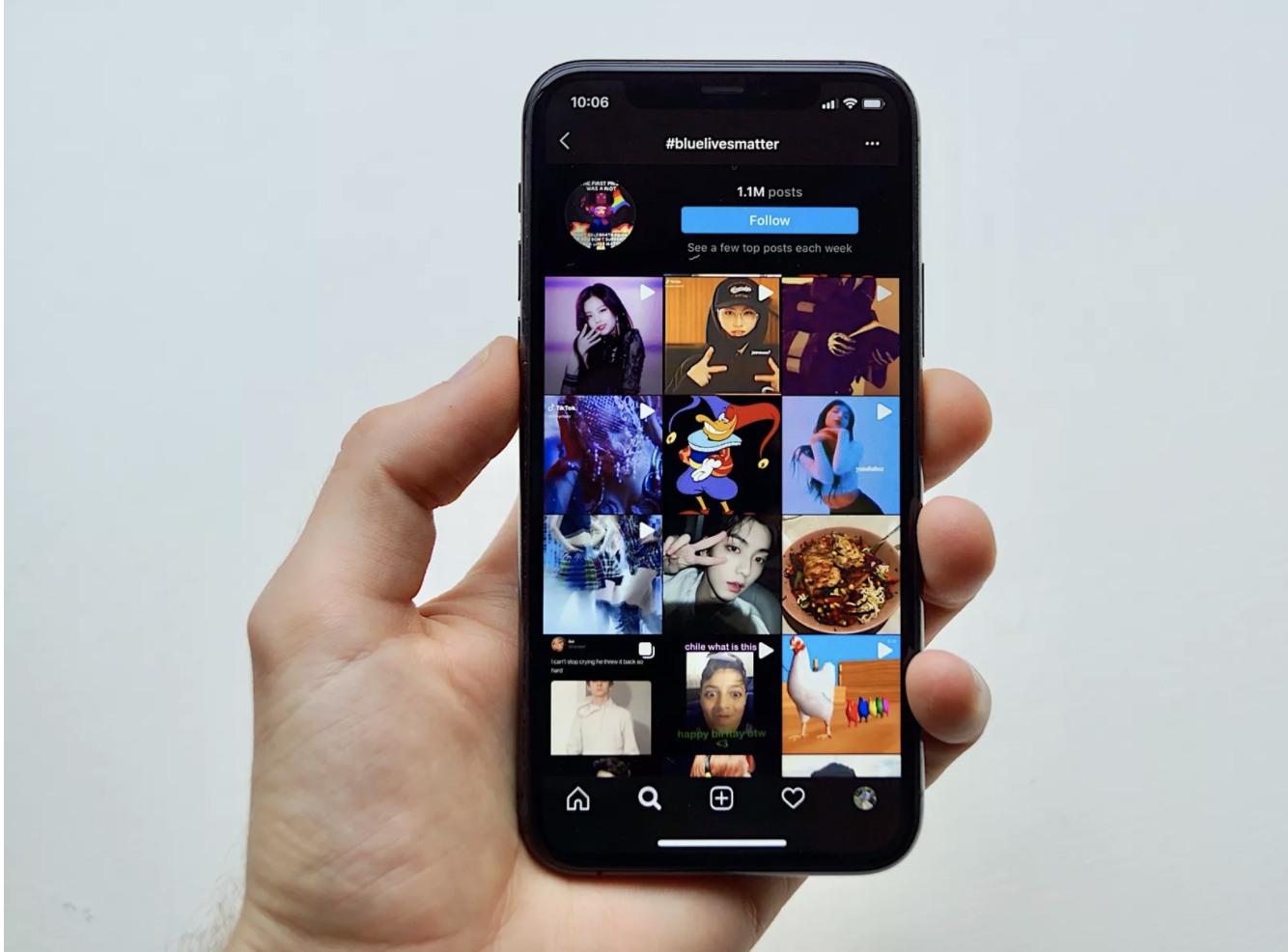Book banning has always been a controversial issue which brings about numerous questions. What determines whether or not a book is to be banned? Is determining which books a person can or cannot read an issue that state and local governments should be involved in? Which types of books are most frequently banned? If you guessed books containing LGBTQ characters or books written by LGBTQ authors, you are correct!
Upon reviewing the list of 2016’s most frequently banned and challenged books, you may begin to notice some common reasons as to why these books were challenged. Here are just a few examples:
- Fun Home by Alison Bechdel: Banned for “depictions of lesbian sexuality”.
- King & King by Linda and Stern Nijland de Haan: Challenged due to parental complaints questioning whether or not it was appropriate for third grade students.
- I Am Jazz by Jazz Jennings: An autobiography by transgender woman, Jazz Jennings that was assigned as planned reading, but was removed after a group threatened to sue the school.
Clearly, the common factor between those three books is that they contained characters or stories of someone who is a part of the LGBTQ community. The main reasons for this are the countless complaints from parents and sensitive egos of students who would rather fail than read a book about two male penguins who raise a baby penguin.
The fact that parents, teachers and even state governments think that they have the right to determine which books fall into the hands of the youth is absurd. In the past, there have been three attempts to pass laws which would ban LGBT authors and works containing LGBTQ characters to be held in libraries and schools. When questioned about his proposed bill, Alabama representative Gerald Allen (R) said, “I don’t look at it as censorship, I look at it as protecting the hearts and souls and minds of our children.” All three of these attempts failed and no such laws were passed.
Attempting to erase LGBTQ literature from the hands of teens and children is extremely harmful. In a world where many families still struggle to accept those lifestyles, young people need access to resources such as literature to find someone whom they can relate to. Reporting a book titled Two Boys Kissing and claiming that its cover is “sexually explicit” when all it shows is, well, two boys kissing is sexualizing a homosexual relationship, not protecting your children’s minds.
Next time you hear of a book being challenged or on the road to becoming banned from your school or library, don’t just sit back and let it happen. Stand up for your right to read and know that “the best way to fight censorship is to be aware that it’s happening”.











